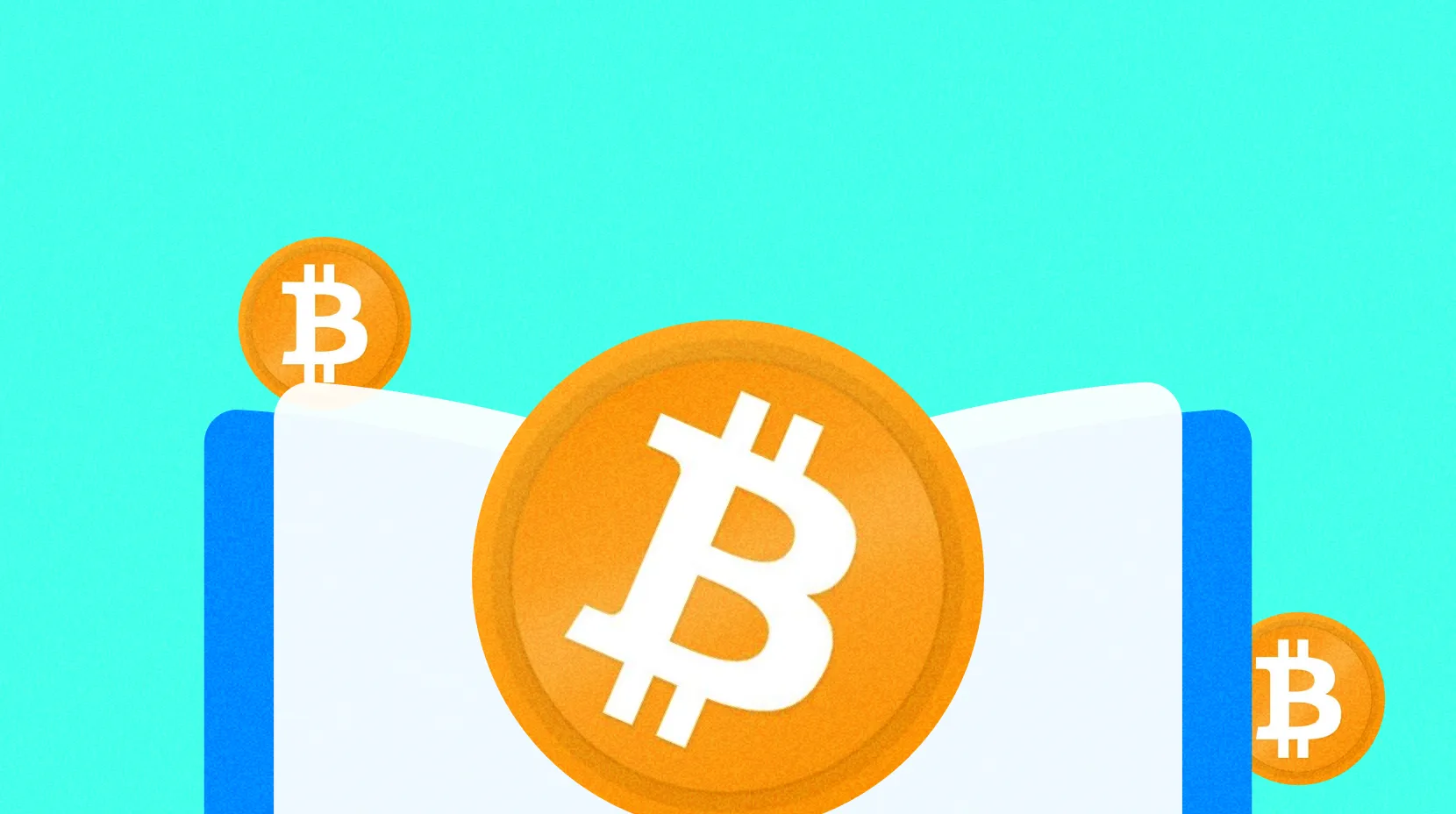最佳实践和常见陷阱
在使用预言机并将其集成到您的以太坊智能合约中时,遵循最佳实践至关重要。这不仅确保了合约的功能性,也确保了合约的安全性和成本效益。本课将介绍使用预言机时的关键注意事项。
安全性考虑
数据完整性和信任
- 数据来源的可信度:始终确保你访问的预言机从可靠的来源获取数据。
- 中间人攻击:数据在传输过程中可能被篡改。确保有像 SSL/TLS 这样的机制来保护数据。
去中心化预言机
- 使用多个预言机或像 Chainlink 这样的去中心化预言机网络有助于降低接收错误数据的风险。
数据验证
- 在使用预言机返回的数据进行业务逻辑处理之前,请务必验证从预言机接收到的数据。
优化燃气费用
在进行外部调用,尤其是到预言机时,燃气费用可能会迅速上升。这里有一些策略:
限制预言机调用
- 只有在必要时才请求数据。不必要的调用会浪费 Gas 和预言机的查询费用。
批量请求
- 如果可能,将多个数据请求一起批量处理,而不是进行单独的调用。
优化数据存储
- 存储更少的数据可以节省燃气费。在将其存储在合约中之前,请考虑解析度和减少数据。
常见问题排查
预言机无响应:这通常可能是由于合约中缺少 LINK 代币或预言机地址或 Job ID 不正确。始终验证这些详细信息。
燃料限制错误:在调用发出预言机请求的函数时,Gas 估算有时可能不准。您可能需要手动设置更高的 Gas 限制。
数据格式不正确:确保你期望的数据格式与预言机发送的匹配。使用适当的解析函数来处理数据。
部署问题:尤其在公共测试网上,始终确保你使用的是正确的网络详细信息,如预言机地址、代币地址和网络 RPC URL。
预言机为智能合约开辟了一系列新机会,使它们能够与外部世界的数据进行交互。然而,这些增强的功能也带来了额外的复杂性。对开发者来说,深入了解预言机的细微差别并对常见陷阱保持警惕,对于构建更具弹性和多功能的去中心化应用至关重要。持续学习并保持对以太坊和 Chainlink 生态系统中最新进展的了解是必不可少的。
最佳实践和常见陷阱
在使用预言机并将其集成到您的以太坊智能合约中时,遵循最佳实践至关重要。这不仅确保了合约的功能性,也确保了合约的安全性和成本效益。本课将介绍使用预言机时的关键注意事项。
安全性考虑
数据完整性和信任
- 数据来源的可信度:始终确保你访问的预言机从可靠的来源获取数据。
- 中间人攻击:数据在传输过程中可能被篡改。确保有像 SSL/TLS 这样的机制来保护数据。
去中心化预言机
- 使用多个预言机或像 Chainlink 这样的去中心化预言机网络有助于降低接收错误数据的风险。
数据验证
- 在使用预言机返回的数据进行业务逻辑处理之前,请务必验证从预言机接收到的数据。
优化燃气费用
在进行外部调用,尤其是到预言机时,燃气费用可能会迅速上升。这里有一些策略:
限制预言机调用
- 只有在必要时才请求数据。不必要的调用会浪费 Gas 和预言机的查询费用。
批量请求
- 如果可能,将多个数据请求一起批量处理,而不是进行单独的调用。
优化数据存储
- 存储更少的数据可以节省燃气费。在将其存储在合约中之前,请考虑解析度和减少数据。
常见问题排查
预言机无响应:这通常可能是由于合约中缺少 LINK 代币或预言机地址或 Job ID 不正确。始终验证这些详细信息。
燃料限制错误:在调用发出预言机请求的函数时,Gas 估算有时可能不准。您可能需要手动设置更高的 Gas 限制。
数据格式不正确:确保你期望的数据格式与预言机发送的匹配。使用适当的解析函数来处理数据。
部署问题:尤其在公共测试网上,始终确保你使用的是正确的网络详细信息,如预言机地址、代币地址和网络 RPC URL。
预言机为智能合约开辟了一系列新机会,使它们能够与外部世界的数据进行交互。然而,这些增强的功能也带来了额外的复杂性。对开发者来说,深入了解预言机的细微差别并对常见陷阱保持警惕,对于构建更具弹性和多功能的去中心化应用至关重要。持续学习并保持对以太坊和 Chainlink 生态系统中最新进展的了解是必不可少的。





